-
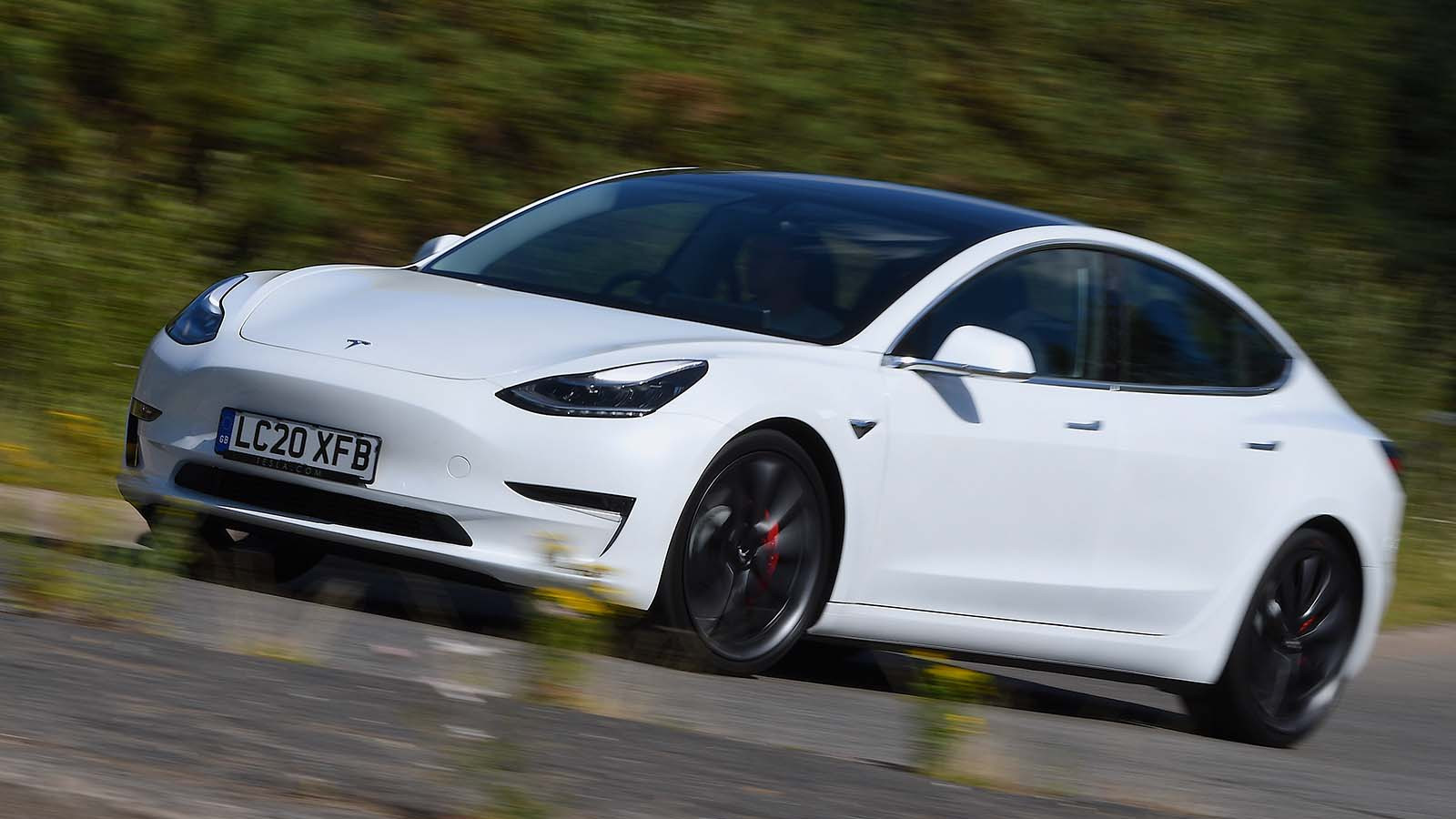 © Haymarket Media
© Haymarket Media -
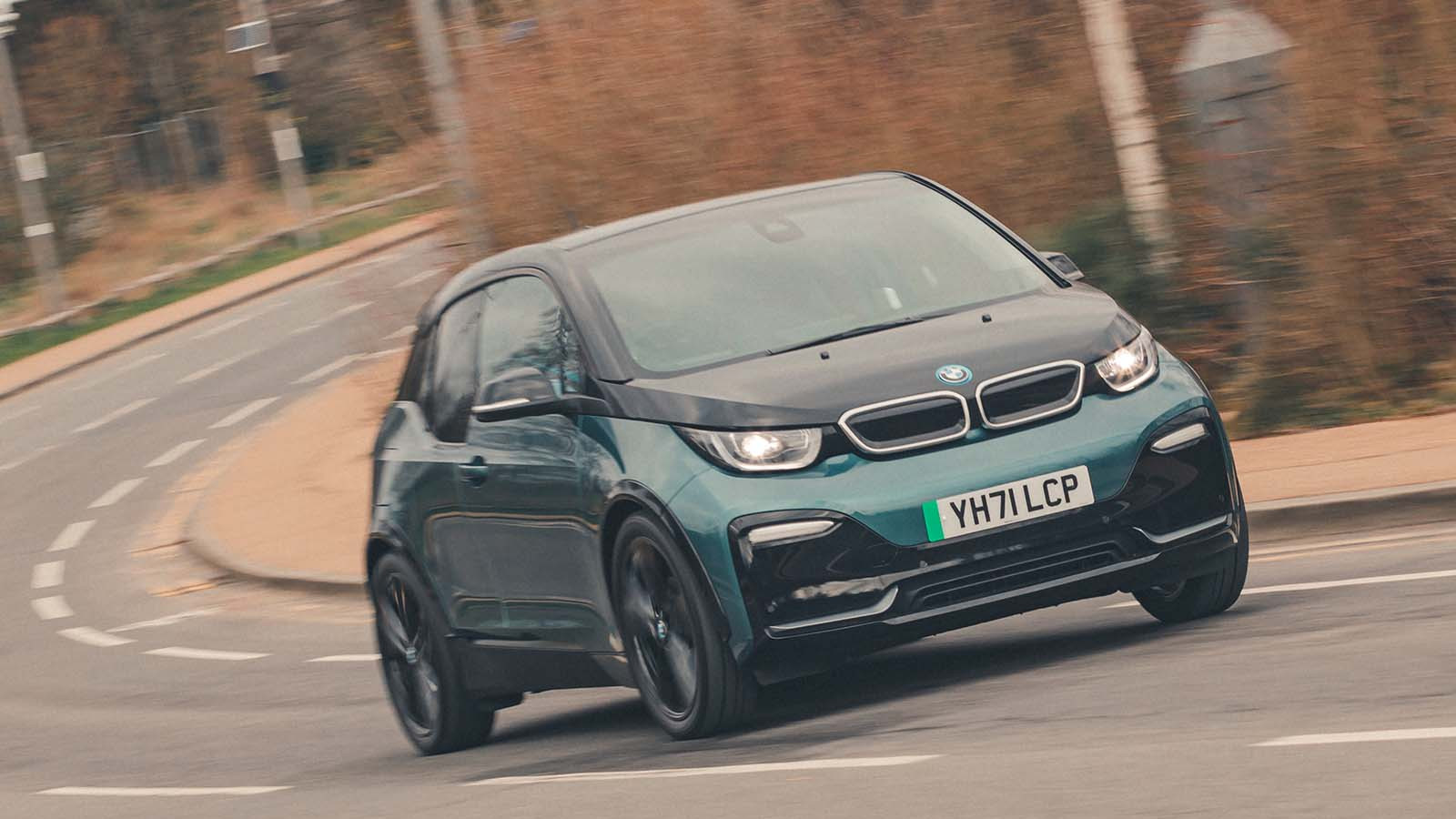 ©
© -
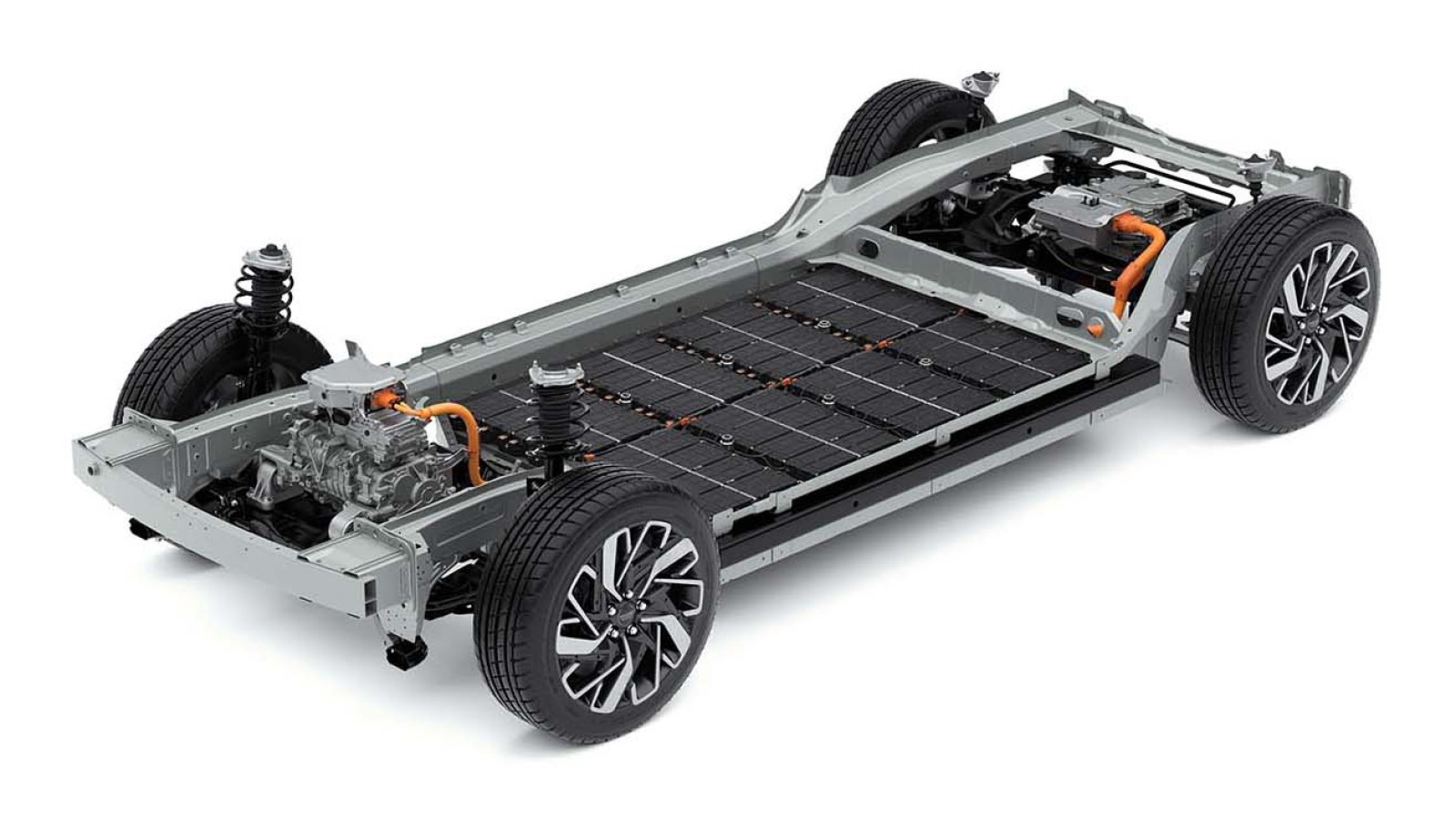 ©
© -
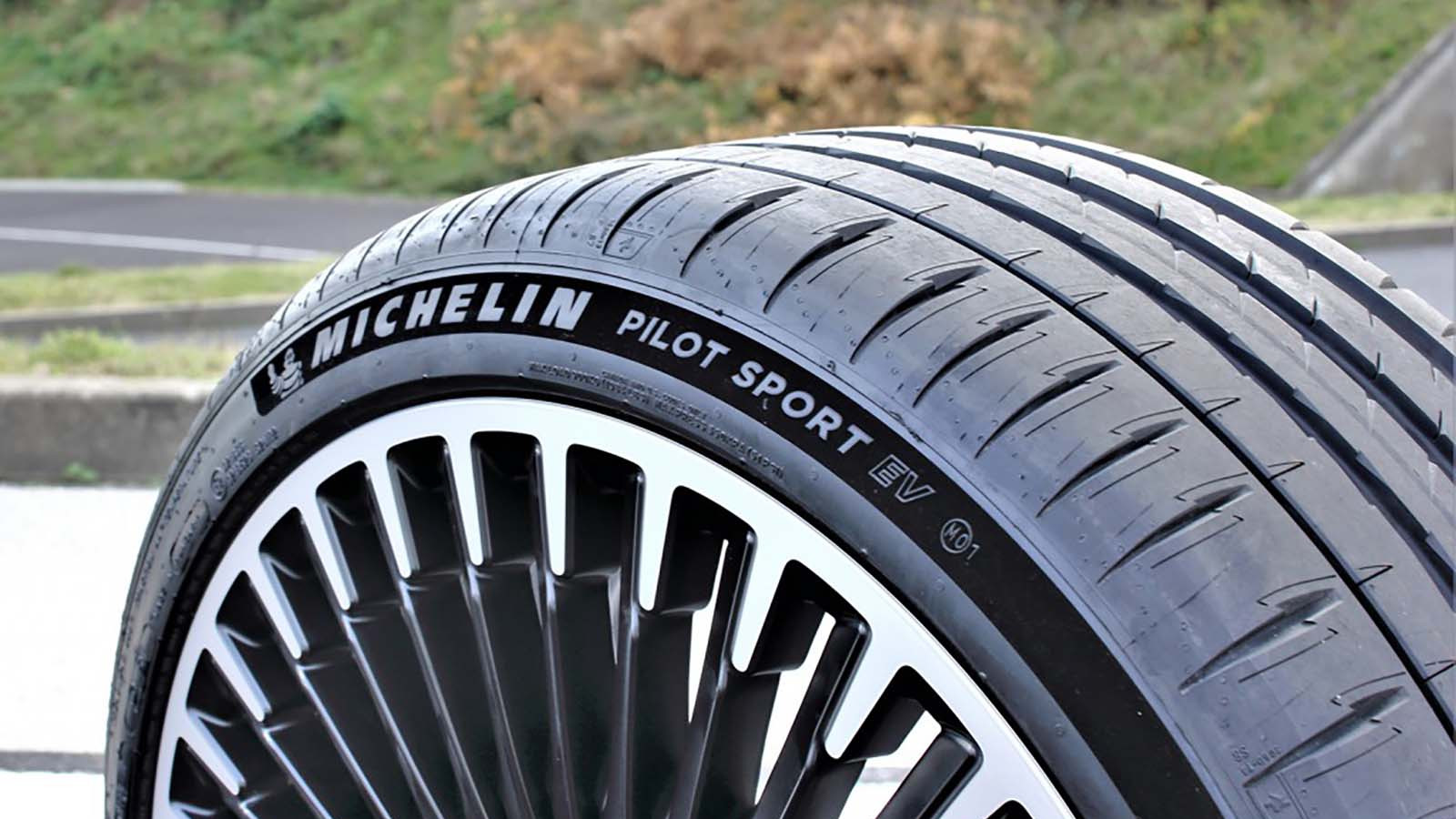 ©
© -
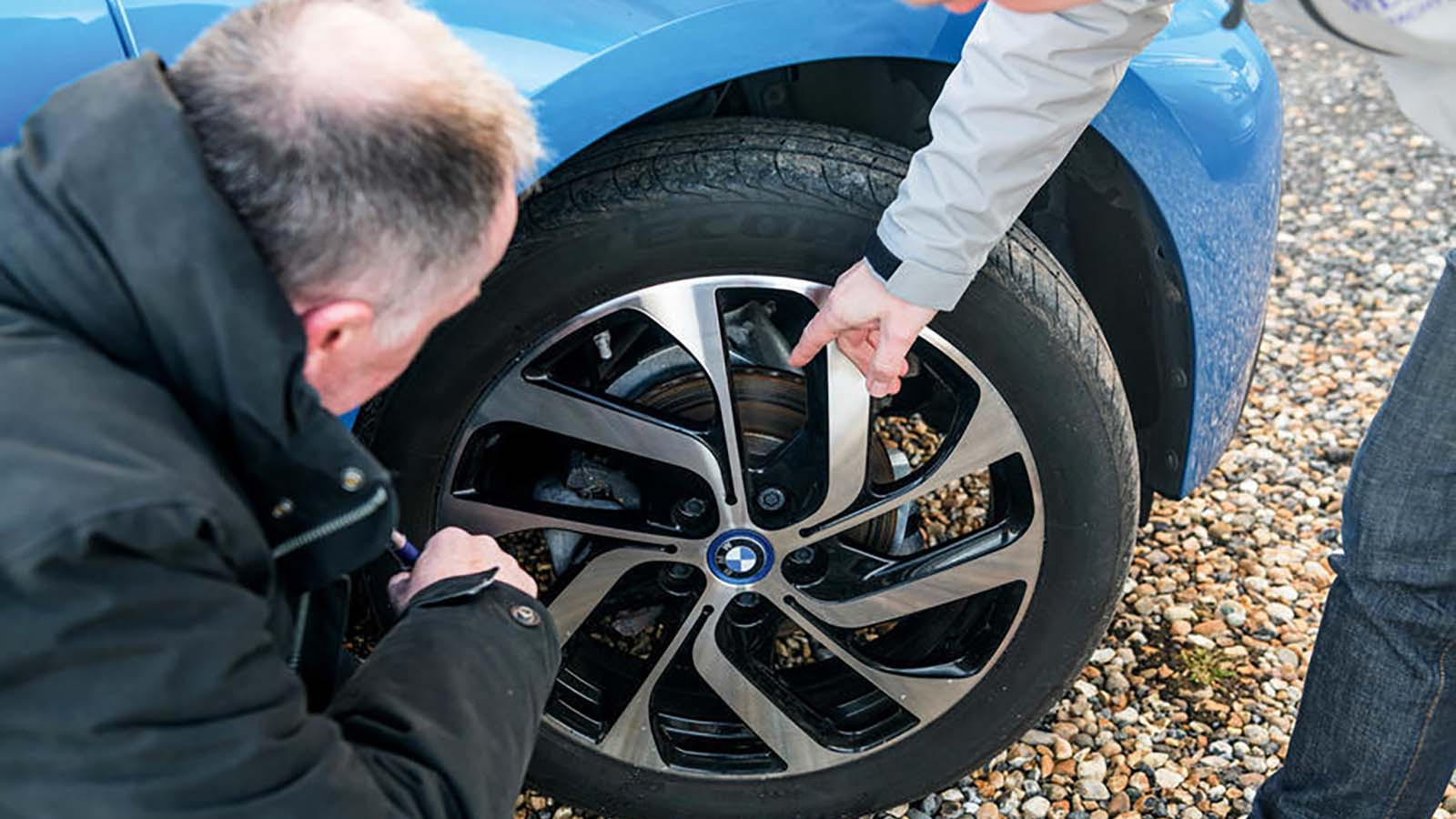 ©
© -
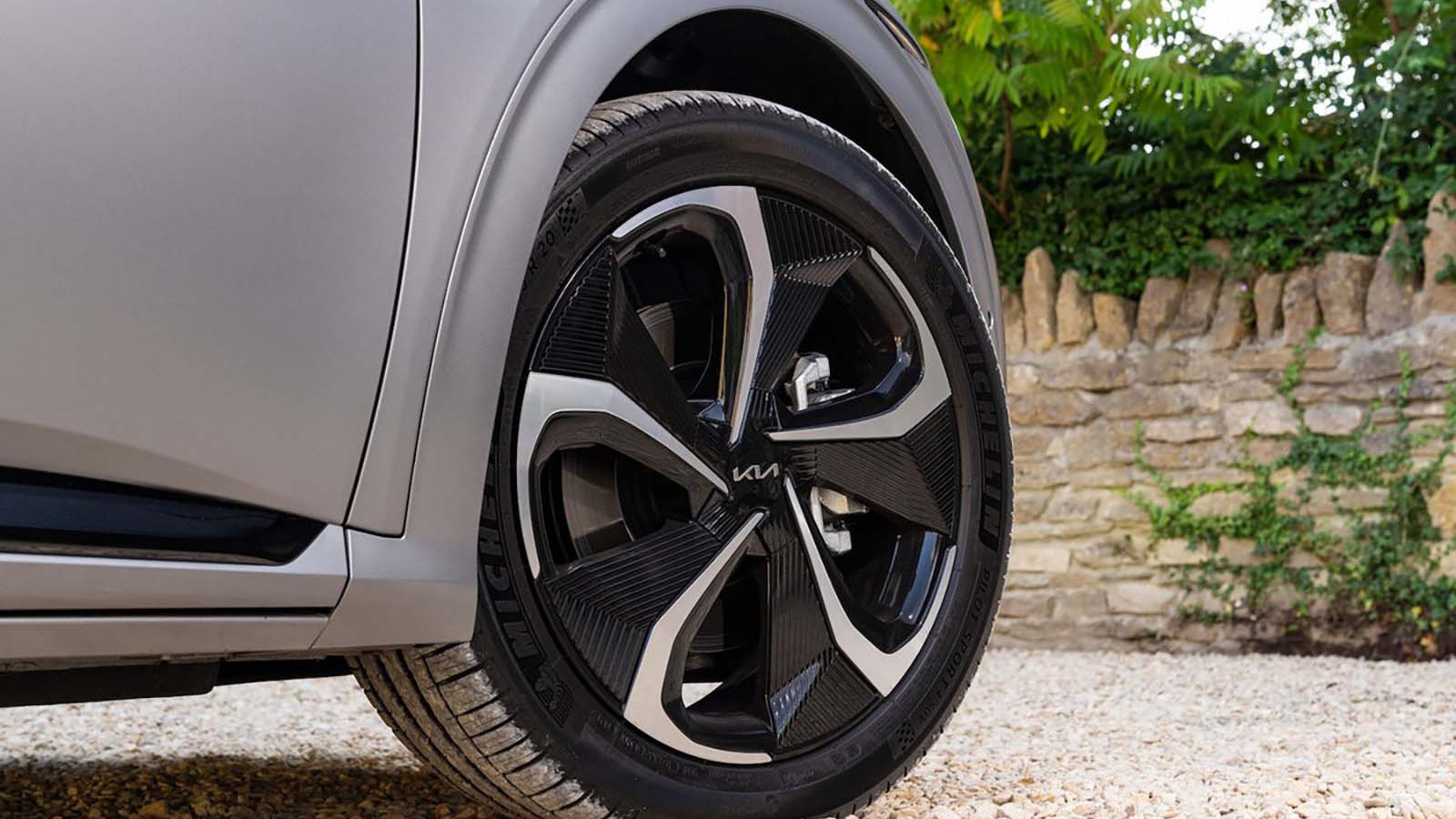 ©
© -
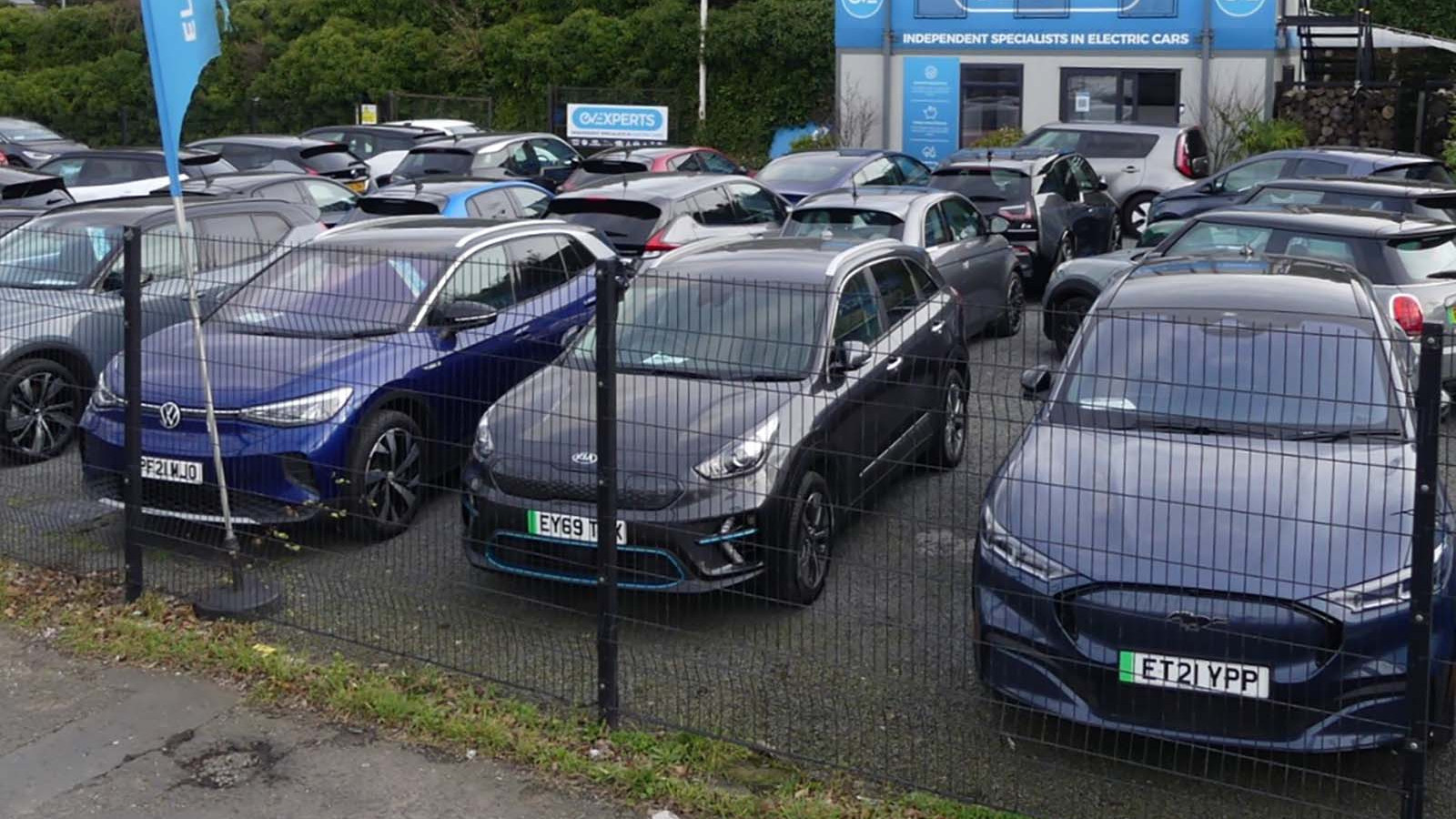 ©
© -
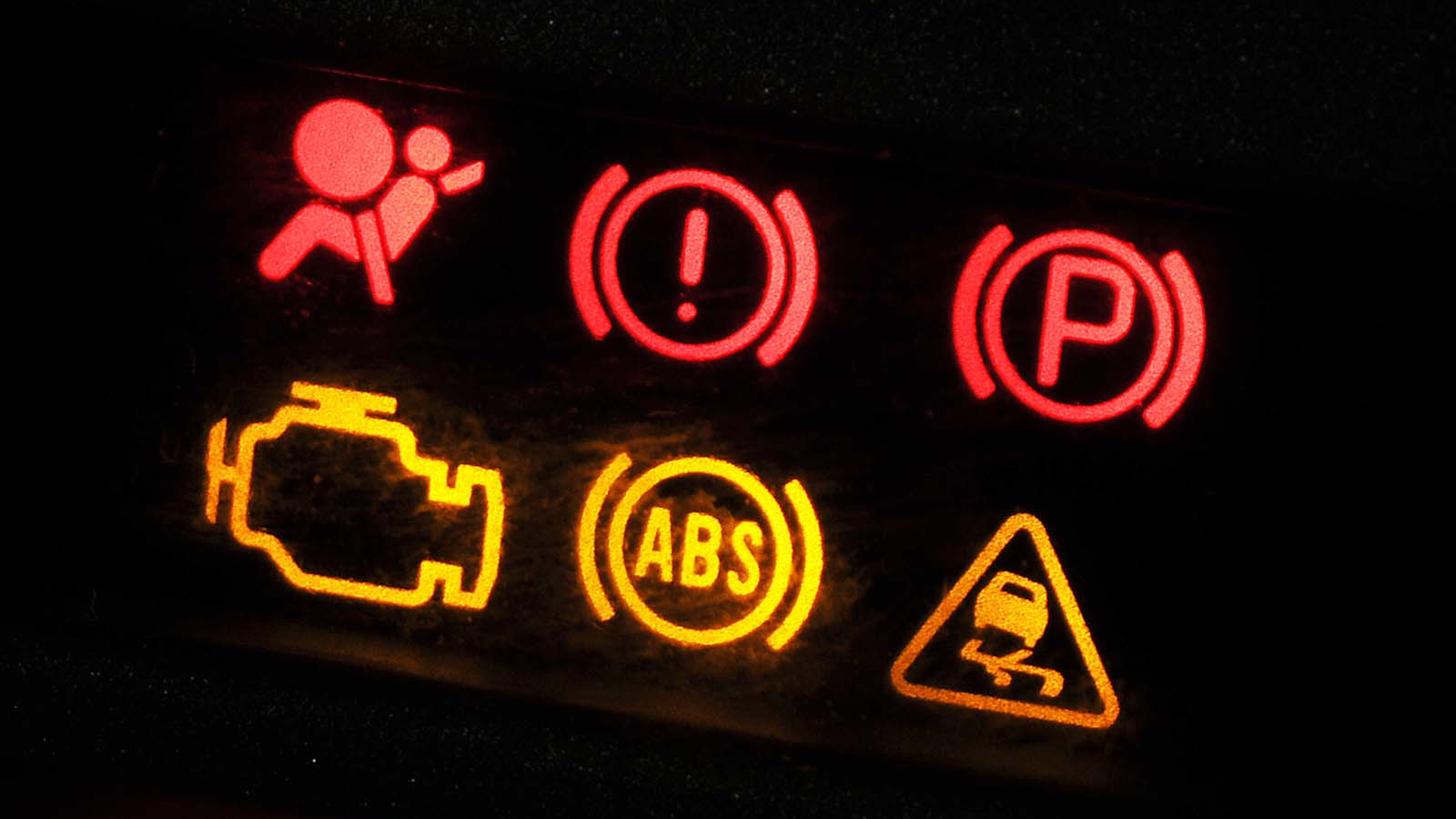 ©
© -
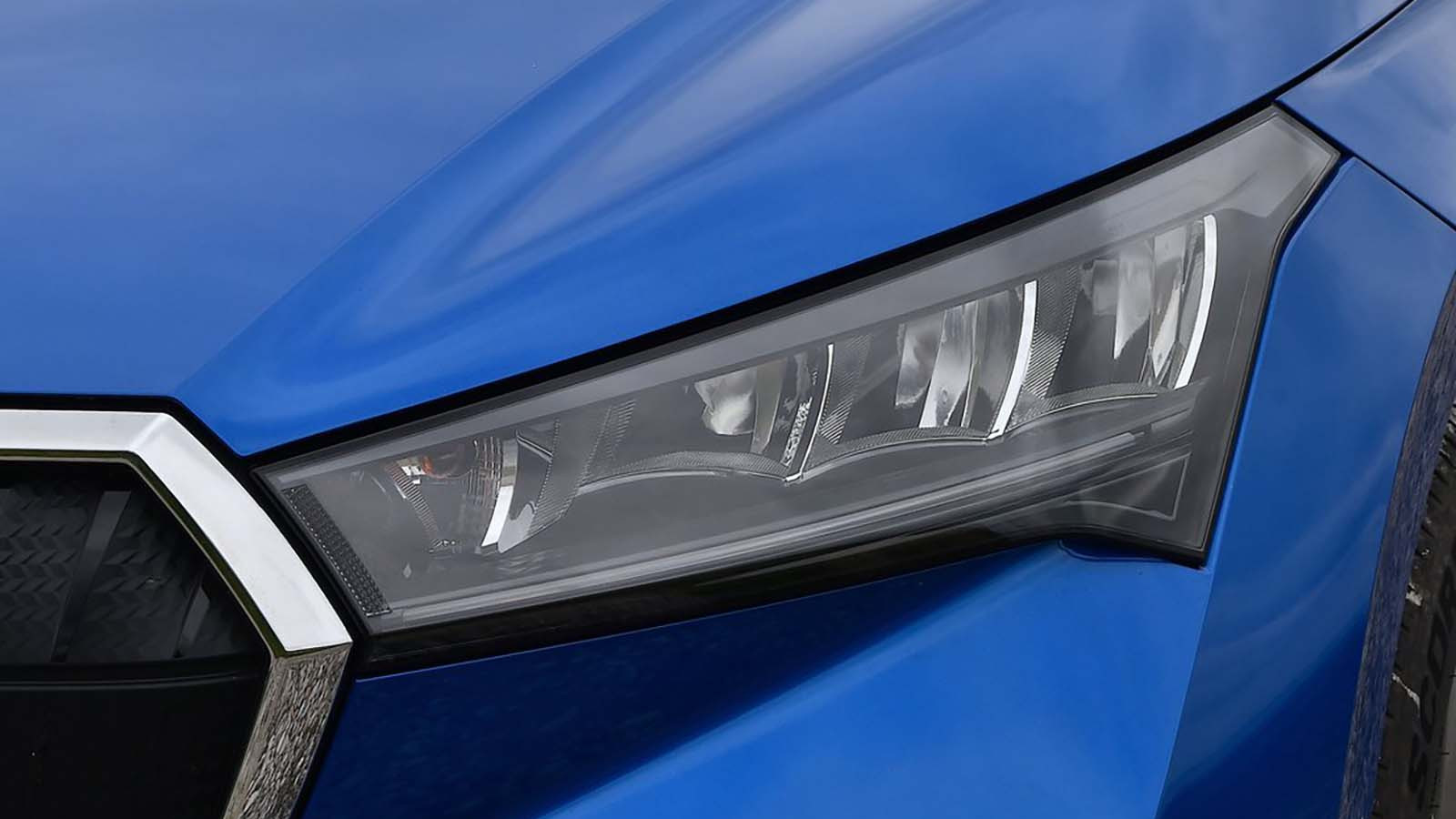 ©
© -
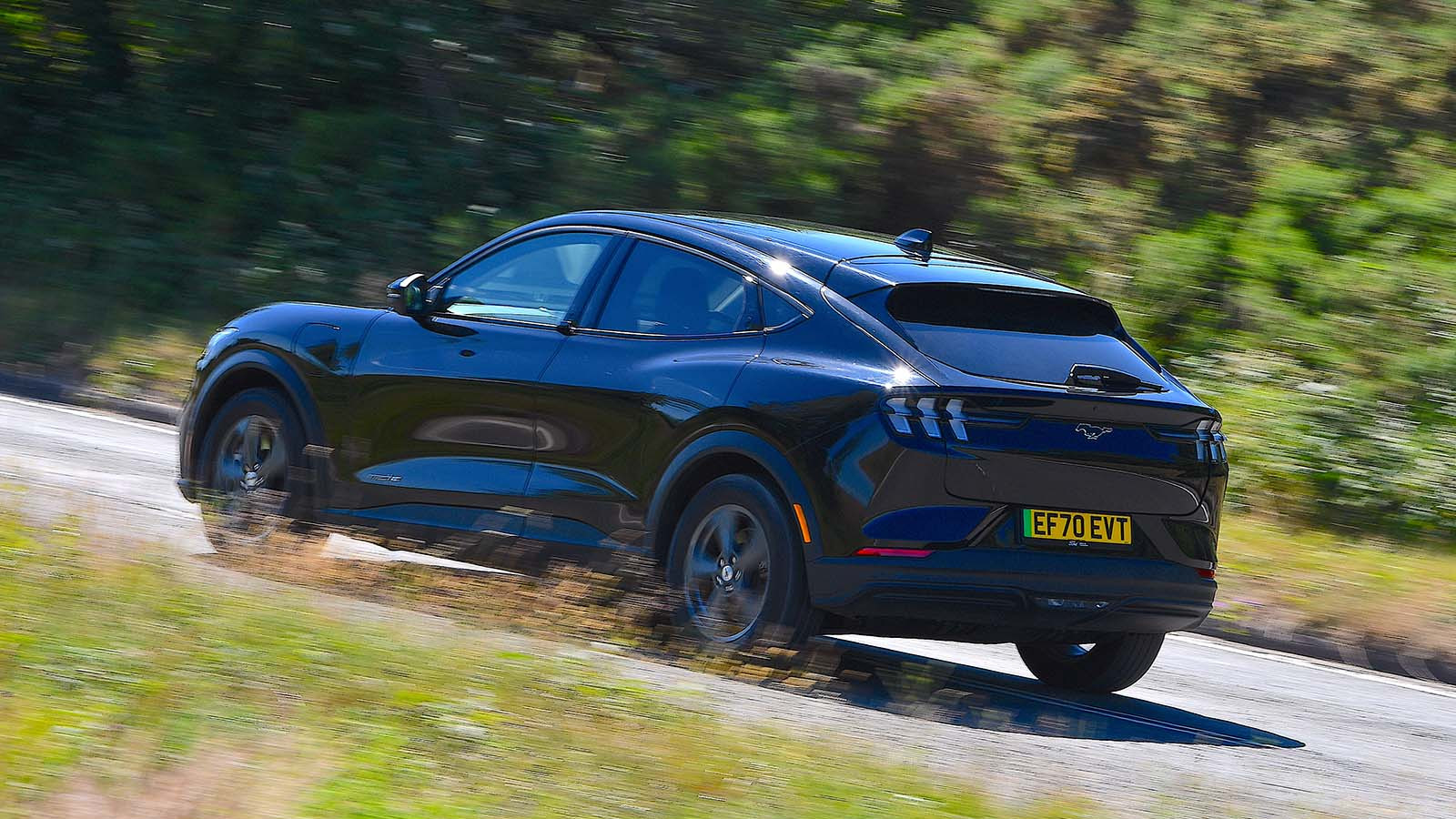 ©
© -
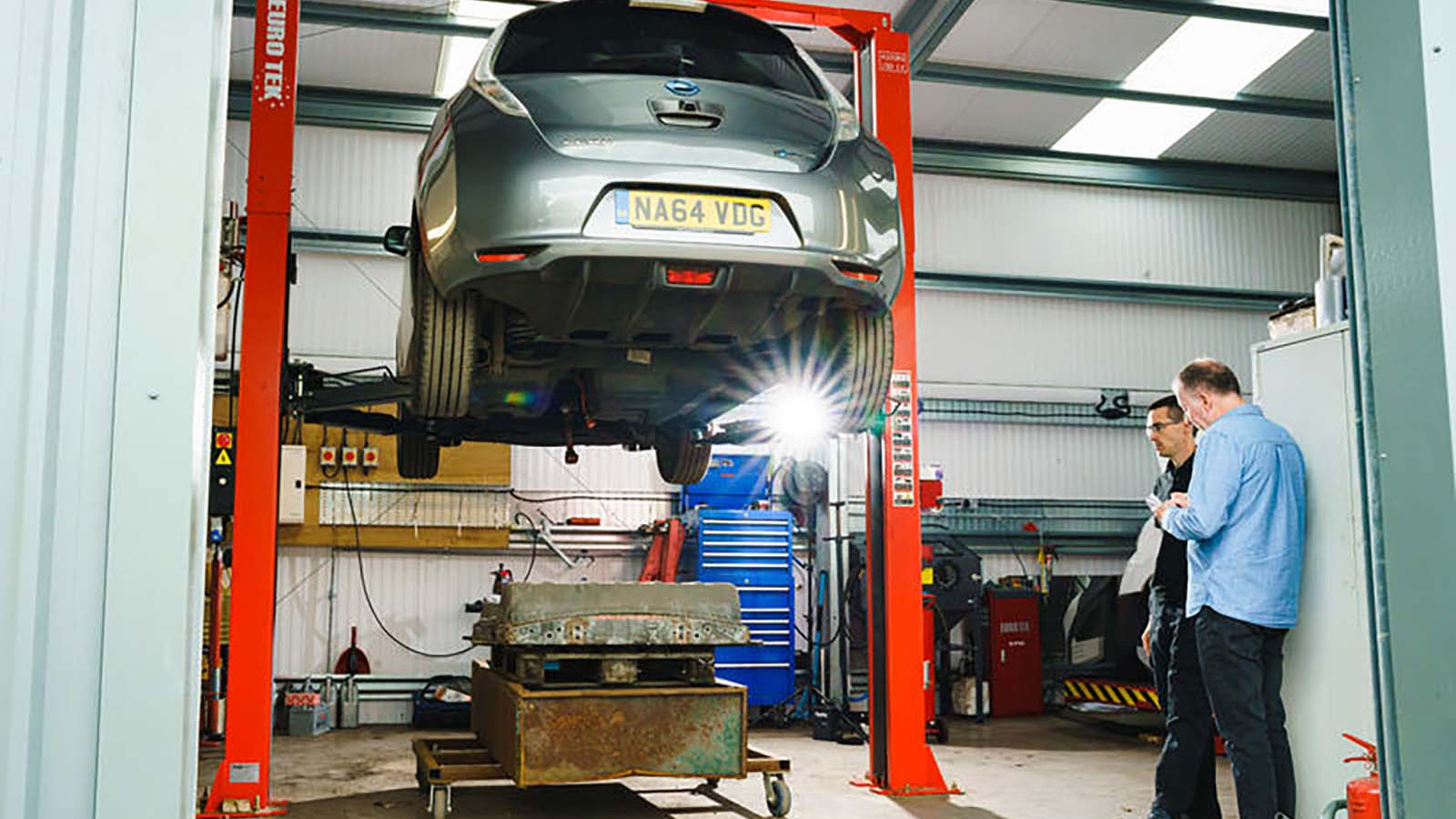 ©
© -
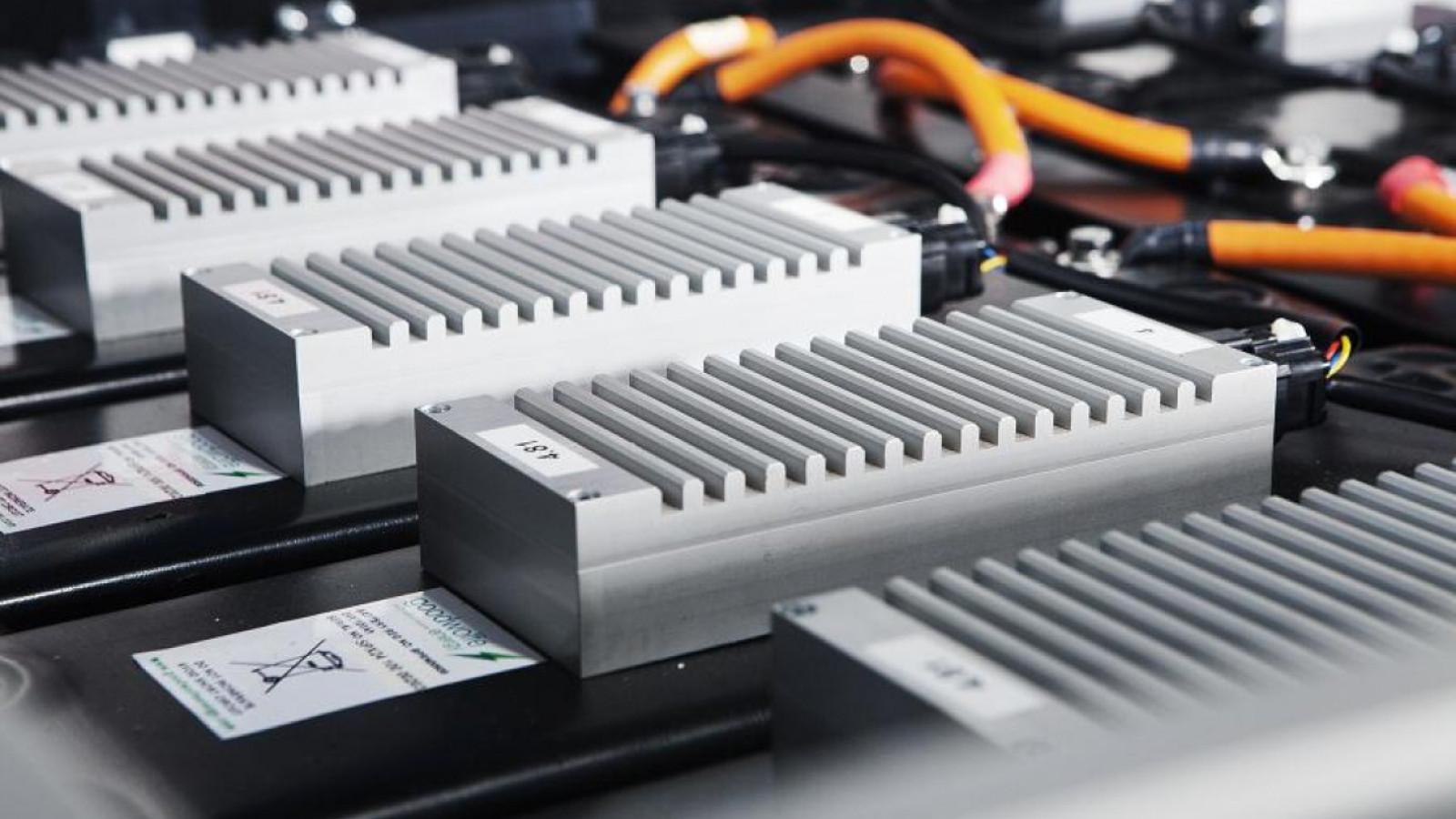 ©
©
-
Right now could be the perfect time to buy a used electric car.
With values and prices dropping, second-hand electric vehicles are becoming more affordable, opening up a whole new range of options – including premium models – for buyers. There’s plenty of choice, from smaller electric cars like the Peugeot e-208, right up to the Tesla Model 3 saloon.
Newer cars are falling on to the second hand market too, and more premium vehicles from favoured brands are filling used dealerships.
-
But buying a used electric car isn’t the same as a used petrol or diesel alternative and it’s important to ensure a second-hand car has a clean bill of health before you sign on the dotted line.
Here, we share some handy tips on how to buy a used electric car, breaking down all the elements of an EV you should go over before you join the electric car community.
-
Battery health and cables
A significant part of an EV which you will want to check is the battery and its range. An EV battery tends to lose around 2% capacity per year, so it’s important to check the range on the dash and compare it with the claimed figure from the manufacturer. Make sure the dealer or seller has charged the car fully to get an accurate impression of the battery health.
Check all the charging ports and the Type 2 cable supplied with the car for damage. Any concerns and you can always plug the car into a charger to check that all parts are working correctly.
-
Tyres
Check the tyres so that they are EV-specific. New models come with EV rated tyres because their harder composition reduces rolling resistance and boosts range. When it comes to replacing tyres, owners will try to save costs by choosing options which aren’t rated to the weight of the car.
-
Brakes
Because electric cars now feature regenerative braking systems, friction brakes don’t have to work as hard. If the brakes are worn, pitted or scored then this would suggest that the car has been driven pretty enthusiastically, so is best avoided. And because of a lack of use, friction brakes tend to corrode so be sure to thoroughly check each wheel.
-
Suspension
Be sure to take the car out for a test drive and listen out for any loud knocks or noises from the suspension. Feel for looseness and any unusual sounds from the dampers and springs. Remember, electric cars are heavy so the suspension components will often work harder than a combustion-engined equivalent.
-
Dealership or private sale
Classifieds will show plenty of private owners looking to move their EV on to a new home, but seeing as an electric car is a specialist vehicle it's better to go through a main dealer, or a well-regarded specialist.
-
Warning lights
If you find an electric car for sale with a warning light blaring out at you then its best to walk away – and any dealer willing to put a car on its forecourt with such a light is best avoided, too.
-
Lights
With electric cars predominantly using LEDs, water ingress can be an issue. Check the lens isn’t cracked and that no condensation has formed inside the headlight after they have been switched off.
-
Mileage
While you might be deterred by a high-mileage EV, they still pose as a viable option if the price is right. Electric cars have fewer moving parts and no oil changes meaning there is little to go wrong during ownership. And even with over 100,000 miles on the clock, electric cars still have more than 80% of their battery capacity still remaining.
-
Service history
A full service history is essential because you can be certain that the car has received all the important software updates. It also makes the car more desirable when you come to sell the car later down the line.
-
Warranty
An EV has two warranties: one for the car and one for the battery. Most batteries tend to only degrade by a small amount over their lifetime, but it is worth adding a warranty for peace of mind if nothing else.
